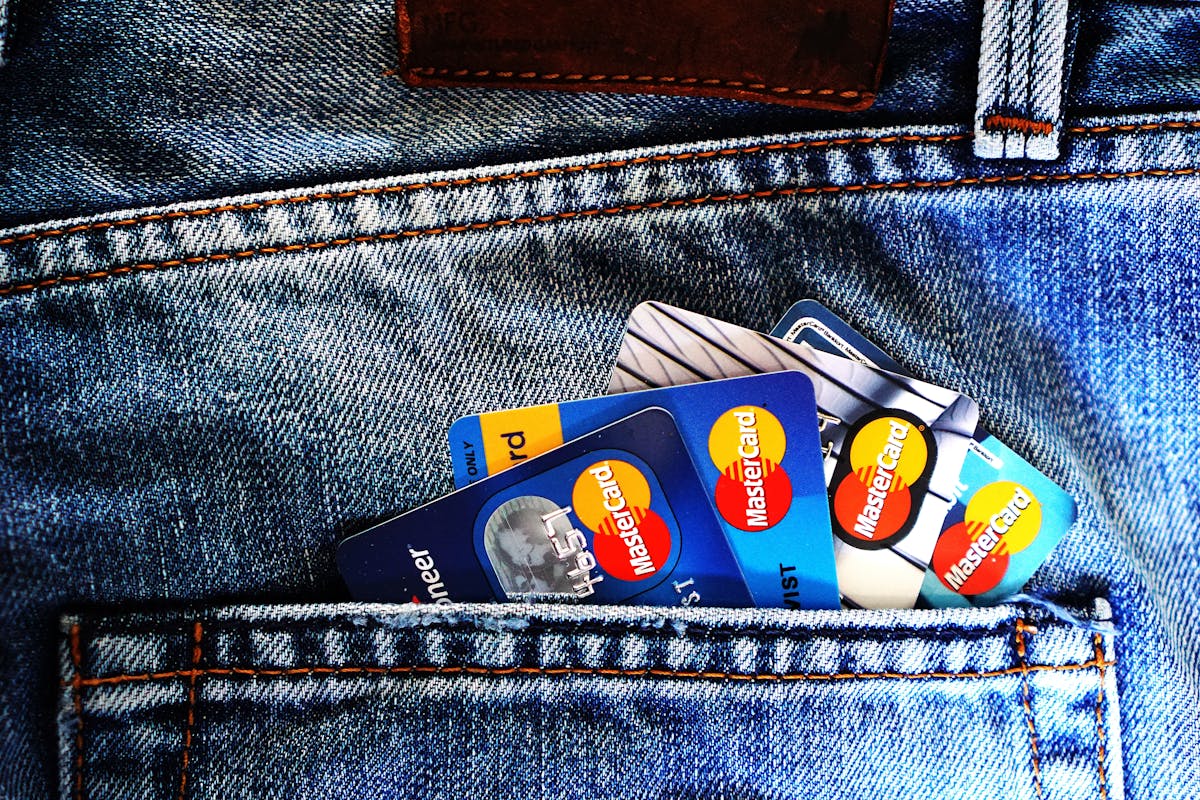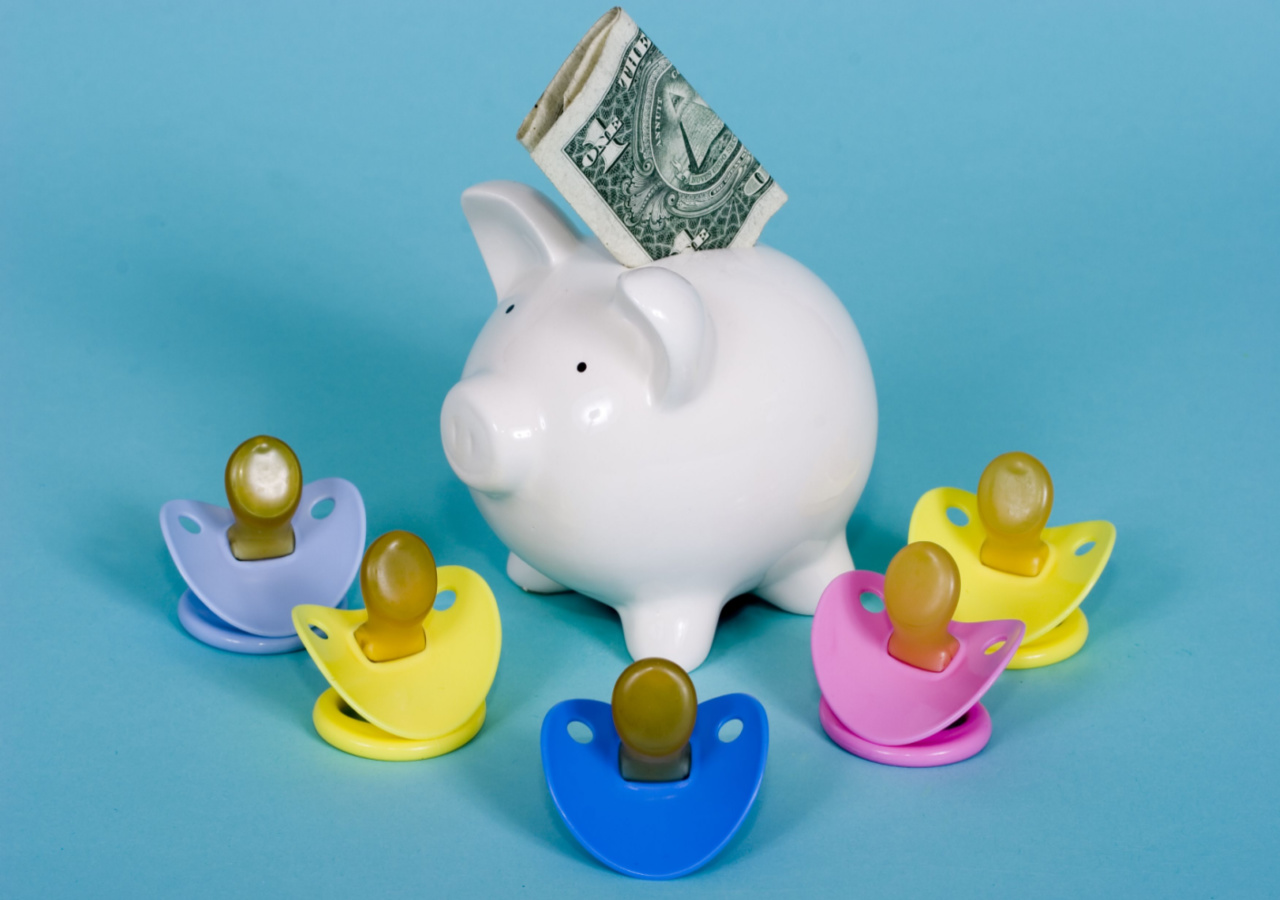Credit cards have become ubiquitous financial tools, offering convenience, rewards, and flexibility. However, the impact of credit card use on personal financial health is complex and multifaceted. Grasping how credit card usage affects your economic well-being is fundamental for making sound decisions that support long-term stability and growth.
How Credit Cards Function: Lending Funds with an Associated Charge
A credit card enables its user to acquire goods or services by accessing borrowed money up to a set maximum. The financial institution that issued the card compensates the vendor, and the cardholder then reimburses the issuer, usually on a recurring monthly basis. Should the entire outstanding amount not be settled by the specified payment deadline, interest will be applied to the unpaid portion. The annual percentage rate (APR) for credit cards varies considerably, frequently falling between 15% and 30%, which means carrying a balance for an extended period results in costly debt.
Beneficial Outcomes: Establishing Credit and Gaining Incentives
1. Establishing a Credit History: Using credit cards responsibly is pivotal in building a positive credit history. Timely payments and maintaining a low credit utilization ratio can significantly improve your credit score. For young adults or those with limited credit backgrounds, credit cards often serve as an entry point to credible financial standing.
2. Access to Rewards and Benefits: Numerous credit cards provide incentives like cashback, frequent flyer miles, or points that can be exchanged for goods. For instance, a card that gives 2% cashback on every purchase can lead to considerable savings over time, assuming you settle your balances each month.
3. Enhanced Security and Purchase Protection: Credit cards often include fraud protection, purchase insurance, and extended warranties. In case of unauthorized transactions, most issuers promptly resolve disputes, minimizing potential losses.
Possible Dangers: The Buildup of Debt and Associated Interest Expenses
1. Elevated Interest Costs: Maintaining a monthly balance results in interest accumulation, causing debts to expand significantly over time. A $5,000 outstanding balance with a 20% APR would generate roughly $1,000 in annual interest if not paid down. This financial strain can impede efforts to save and invest.
2. Adverse Effect on {{Credit Scores}}: Delayed payments, elevated credit utilization rates (the proportion of your available credit being used), and numerous requests for new credit negatively affect {{credit scores}}. A diminished score can elevate borrowing expenses and restrict entry to advantageous financial offerings.
3. Psychological Pitfalls and Excessive Spending: Various research, including that conducted by behavioral economists at MIT, has indicated that people are inclined to expend more when utilizing credit cards versus physical currency. The intangible quality of plastic money can lessen the perceived worth of funds, potentially resulting in spontaneous purchases and personal debt.
Case Study: Dual Strategies for Credit Card Utilization
Consider the financial paths of two imaginary people, Emily and David. Emily utilizes her credit card to accumulate reward points, always settles her full balance, and keeps track of her expenditures. Her credit score improves, allowing her to obtain a reduced interest rate on a home loan. She benefits from more than $300 in yearly rewards and takes advantage of her card’s travel insurance perks.
David, conversely, frequently relies on credit cards to cover financial gaps, making only the minimum payments, which leads to a $7,000 debt. Annually, he ends up paying $1,400 in interest and encounters denied loan requests because of a low credit score. This situation escalates his financial strain, affecting his overall well-being and future prospects.
Strategic Application for Peak Fiscal Well-being
1. Settle Balances Completely: To steer clear of substantial interest charges, aim to clear your entire outstanding balance each month. This practice helps avert the buildup of debt and guarantees that the advantages—like rewards, buyer protection, and enhanced credit standing—surpass any potential drawbacks.
2. Track Expenditure Habits: Utilize financial planning applications or configure notifications to observe your outgoings. This method aids in avoiding unintentional excessive spending, thereby guaranteeing that acquisitions correspond with your financial objectives.
3. Maintain a Low Credit Utilization Ratio: Experts recommend keeping your utilization below 30% of your credit limit. For example, with a $10,000 credit line, keeping your monthly balance below $3,000 can positively influence your credit profile.
4. Refrain from Unnecessary Credit Applications: Every new credit application leads to a hard inquiry on your credit report, potentially causing a temporary dip in your score. Restrict applications to situations where you truly require more credit.
5. Leverage Cardholder Perks Responsibly: Maximize rewards and benefits offered by your card without changing spending habits solely for points. Review the card’s fee structure to ensure it does not outweigh earned rewards.
External Influences and Community Developments
The extensive use of credit cards has impacted the financial conduct of households. In the United States, the Federal Reserve indicated that by 2023, the typical household credit card debt exceeded $7,000, reaching an unprecedented peak. Although credit availability can foster economic involvement, an uncontrolled rise in unsecured debt has been associated with higher bankruptcy figures and financial instability.
Cultural perceptions of credit also play a role. In societies where credit use is normalized, such as in the United States or Canada, individuals may face societal pressure to possess premium cards or incur debt for lifestyle maintenance, further complicating the balance between positive credit building and overextension.
Credit cards, when managed with prudence and a thorough grasp of their operational aspects, can function as powerful financial instruments for establishing credit, accumulating benefits, and securing safeguards. Nevertheless, improper usage entails the danger of expensive liabilities, diminished credit standing, and prolonged financial hardship. Mastering the intricacies of credit card utilization demands not only numerical proficiency but also an understanding of behavior and methodical foresight, cultivating fiscal practices that promote steadiness and adaptability across diverse economic periods.




